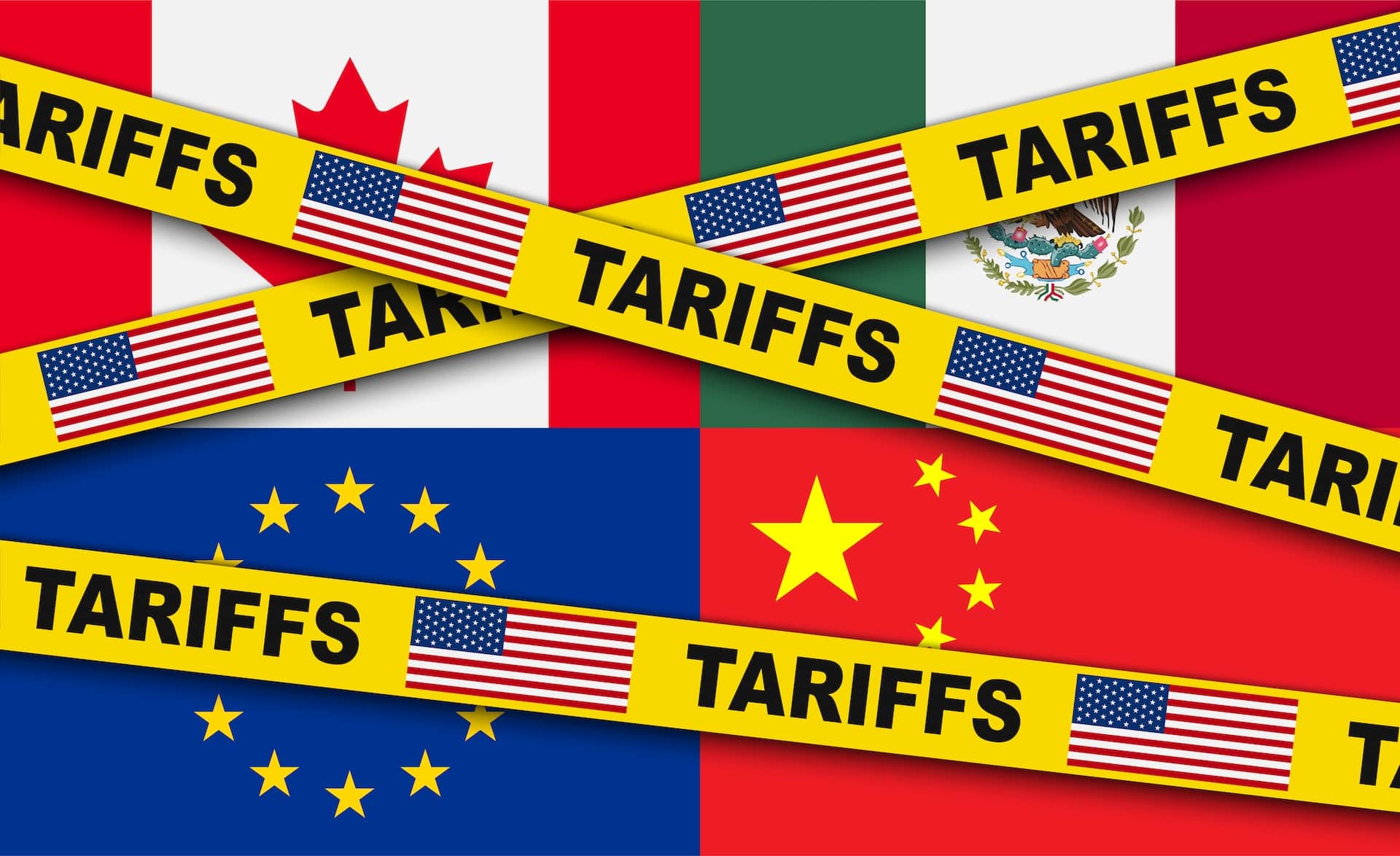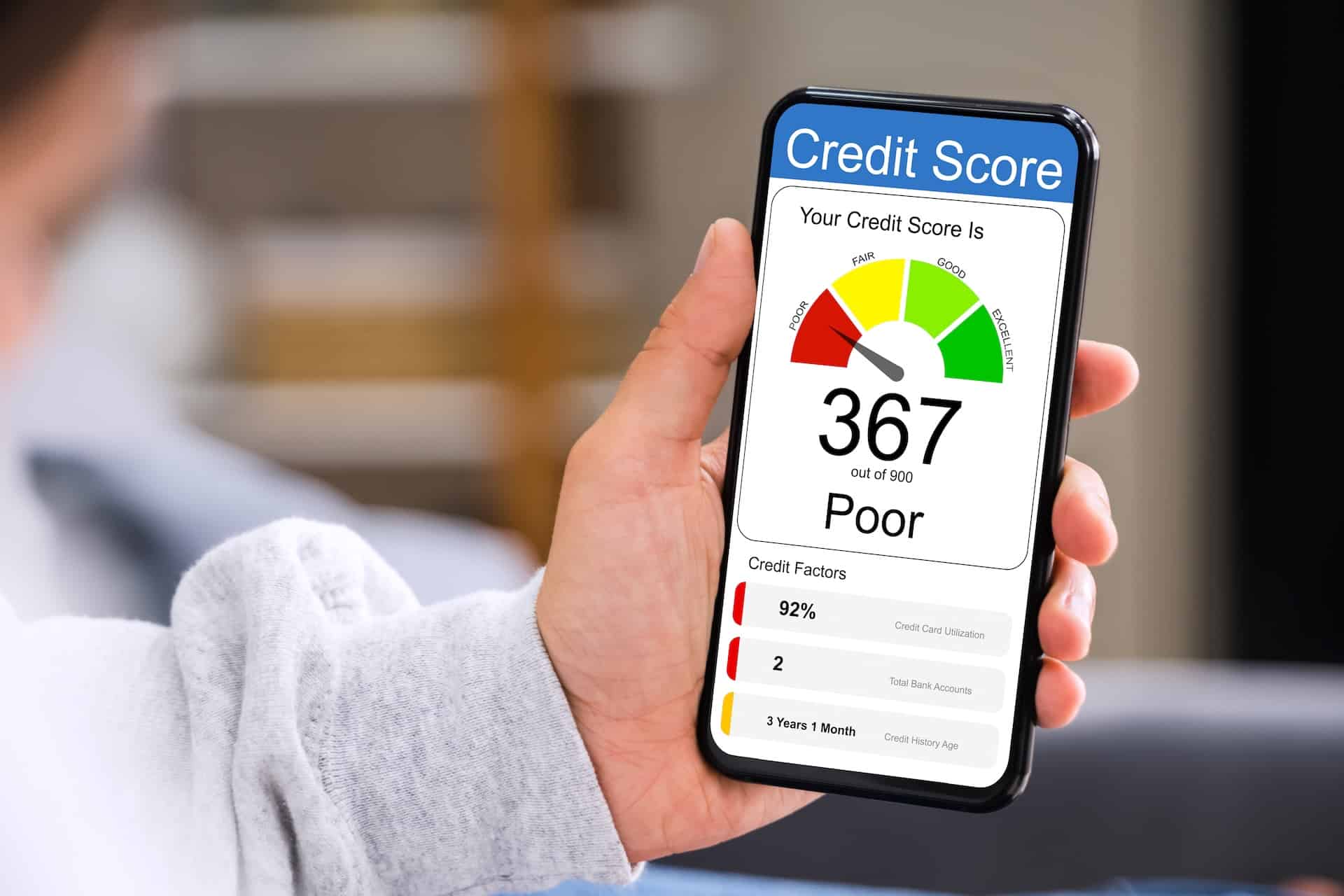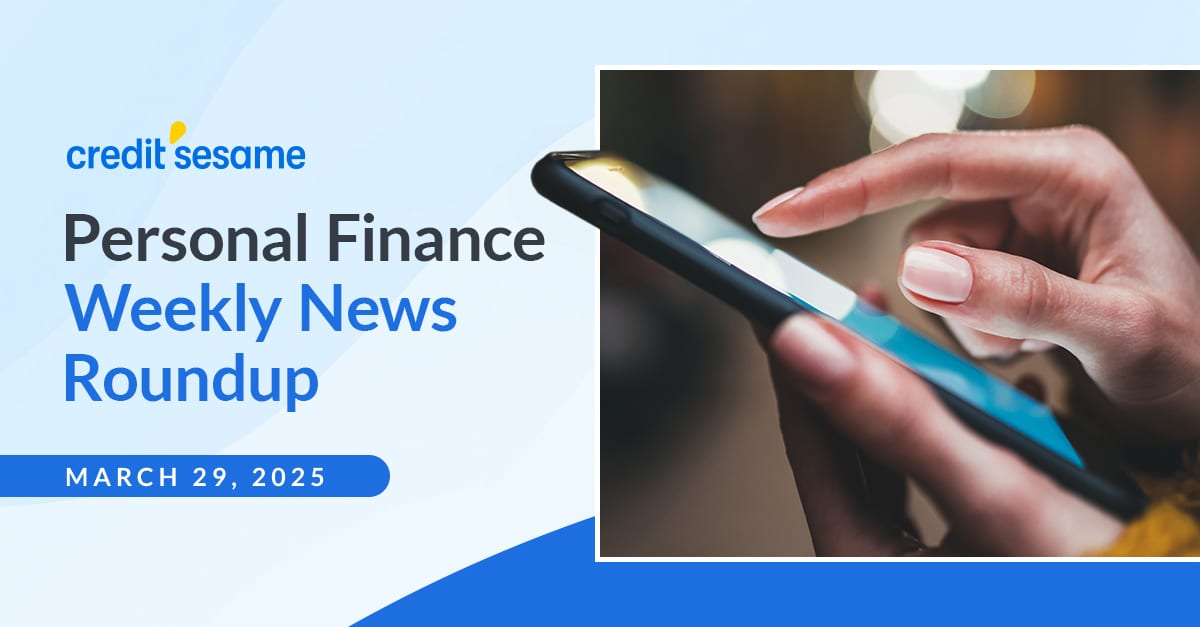Credit Sesame discusses FDIC insurance and what it does and does not cover.
FDIC insurance, also known as federal deposit insurance plays an important role in stabilizing the banking system in the United States. The most recent reminder of this came in early 2023 when bank failures remained limited to a few institutions rather than triggering a widespread banking crisis.
However, there are limits to this insurance coverage. Where you put your money and how much money you have in any one place can make all the difference in whether your funds are protected. The Consumer Financial Protection Bureau (CFPB) recently warned consumers that money they deposit in payment apps in many cases is not insured. If those companies suddenly fail, consumers could lose the money they put into those apps. The Federal Deposit Insurance Corporation (FDIC) warned three companies against falsely representing their products as being covered by deposit insurance. Both cases involved popular alternatives to traditional bank products.
A few high-profile bank failures have led people to seek other alternatives. In many cases though, the alternatives are more risky. By looking beyond traditional bank products, some customers have opted for deposit vehicles that are not covered by any sort of insurance. While bank insurance has limits, it is better than no insurance at all. That and banks are highly regulated, which generally helps keep your money safer.
Which banks are covered by FDIC insurance?
The FDIC administers federal deposit insurance for banks. Only members of the FDIC are allowed to use the FDIC symbol. You can look up whether a bank is an FDIC member by using the “Bank Find” feature on the FDIC website. There are over 4,600 FDIC-insured institutions.
A similar form of federal deposit insurance is provided to participating credit unions by National Credit Union Administration (NCUA). FDIC and NCUA insurance are the only federal deposit insurance programs.
Federal deposit insurance remains the best option for keeping money safe. The recent bank failures have reinforced the value of deposit insurance.
What products are covered by federal deposit insurance?
Federal deposit insurance extends only to FDIC member banks and NCUA member credit unions. Products covered include traditional deposit products such as savings accounts, money market accounts and CDs.
Brokerage accounts and insurance products are not covered by FDIC insurance. When you open an account with an FDIC or NCUA member institution, it’s important to confirm that the product you choose is covered. Anything other than a traditional deposit product is not covered.
Money market accounts vs. funds
Though the names are very similar, there are differences between money market accounts (covered by FDIC insurance) and money market funds (not covered).
A money market account is very similar to a savings account. The bank may invest deposits in “money market instruments.” These are a variety of very short-term income-producing instruments. Typically, these investments can help the bank offer a somewhat better yield. While the bank may be investing in money market instruments, the account remains a general obligation of the bank. Its value is not directly affected by those instruments, and that value is ultimately protected by deposit insurance.
In contrast, a money market fund is a common investment vehicle offered by brokerage firms and mutual fund companies. The investments are similar to those used for a money market account–short-term, income-producing securities. However, a money market fund is a form of mutual fund. That means it holds those securities directly and the value of the fund is determined solely by the value of those securities. Money market funds are generally safe, but there have been instances where some have lost value. The point is that if and when that happens, they are not covered by any form of deposit insurance.
Non-traditional bank accounts
Non-bank financial institutions and fintech companies offer non-traditional bank accounts. They include digital wallets, prepaid accounts, cryptocurrency wallets, and peer-to-peer lending accounts. These accounts provide banking-like services but may lack the same regulatory oversight and deposit insurance as traditional banks. They leverage technology and offer innovative financial solutions through digital platforms. Users can store funds, conduct transactions, and participate in alternative lending or cryptocurrency activities. It’s important to review the terms and protections offered by these accounts, as they may differ from traditional banks.
Non-traditional bank accounts may or may not be FDIC insured. FDIC insurance typically applies to traditional banks. Non-traditional bank accounts may have different protections or insurance arrangements. It is important to review the account provider’s terms and disclosures to understand the coverage. These accounts offer banking-like services but operate outside the traditional banking system. Examples include digital wallets, prepaid accounts, cryptocurrency wallets, and peer-to-peer lending accounts. Customers should be aware of the potential differences in regulatory oversight and deposit insurance when considering non-traditional bank accounts.
Check out the Sesame Cash prepaid debit card.
Limits of FDIC insurance
Even if you have the right type of account with an FDIC or NCUA-insured institution, your deposit coverage is limited to $250,000 for an individual account and $500,000 for a joint account.
These limits apply in total to all your accounts at a given bank. So, if you split your money up among several individual accounts at one bank, it’s only insured for a total of $250,000 across all those accounts. The only way you can get more coverage for $250,000 is to spread it among different banks.
That may seem straightforward enough, but where the confusion comes in is that a bank may be operating under more than one brand name. While those brand names may seem like separate institutions, if they have the same parent bank the $250,000 deposit limit applies across all deposits at that bank. So, if you have deposits at different banks, it is important to make sure those banks aren’t affiliated.
Alternatives to going over the limit
There are alternatives if you have over $250,000 in an individual account or $500,000 in a joint account. One is that you can simply spread that around to different unaffiliated banks and credit unions. As long as the total at each institution is below the limit, you’re covered. Another possibility is to invest directly in short-term Treasury securities. These are federally-guaranteed securities. While the value of those securities can fluctuate, if you hold them till maturity you know what you’ll get.
If you found The importance of FDIC insurance useful, you may be interested in,
- 9 Ways Digital Banks Get to Know Their Customers
- Bank failures raise depositor concerns
- Should Consumers Trust Banks?
Disclaimer: The article and information provided here is for informational purposes only and is not intended as a substitute for professional advice.




















